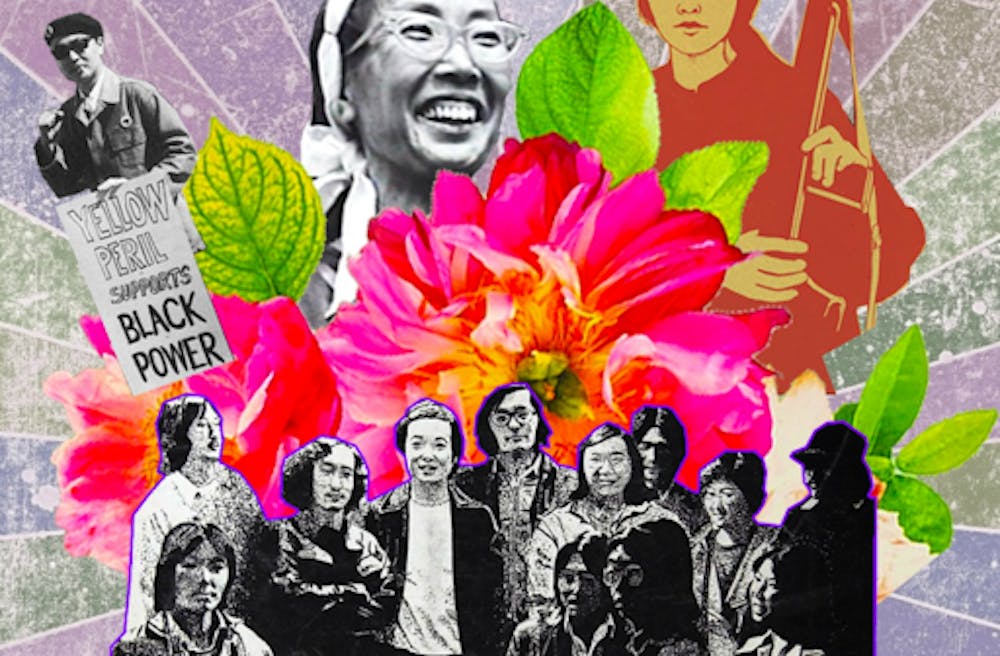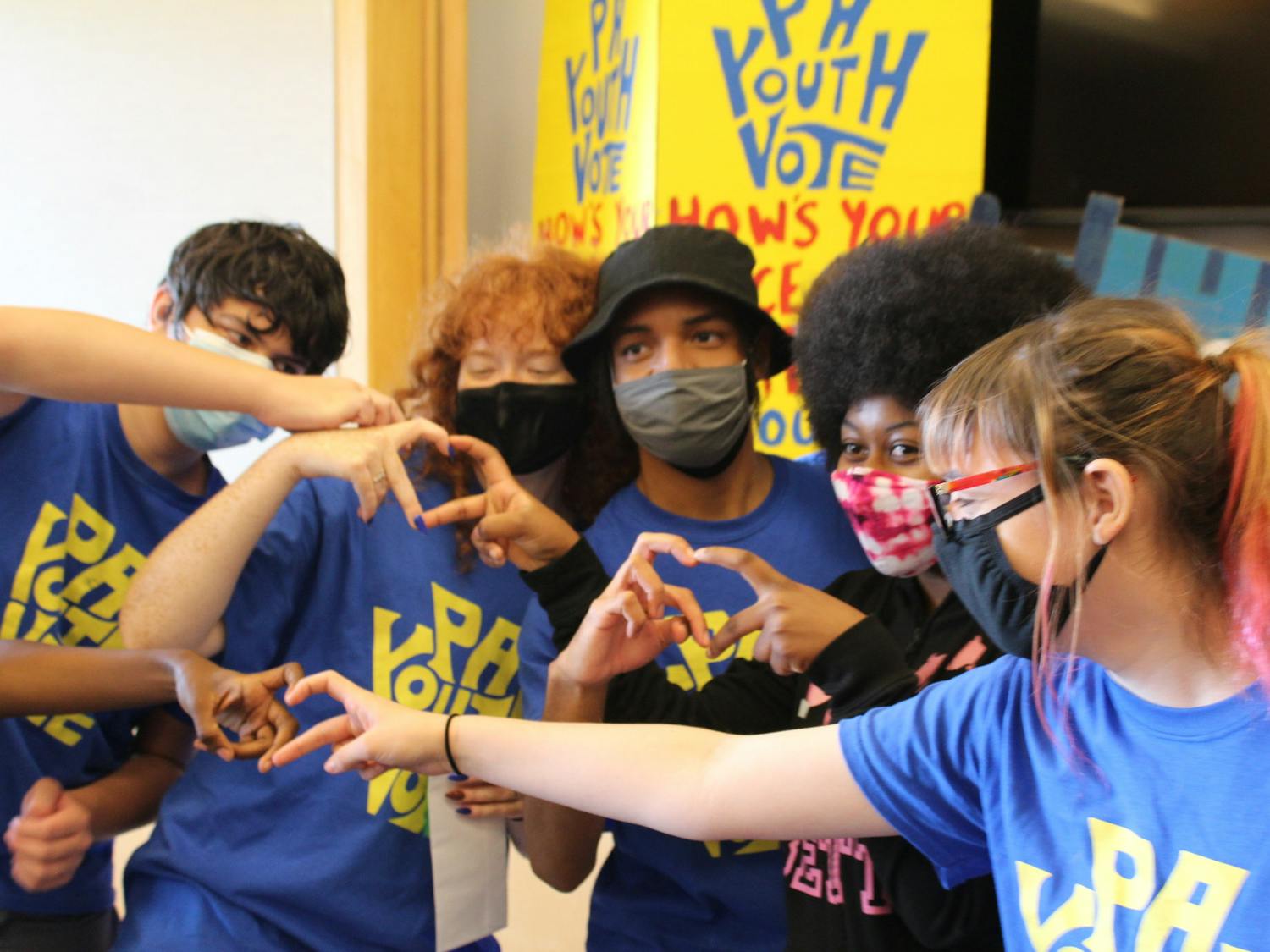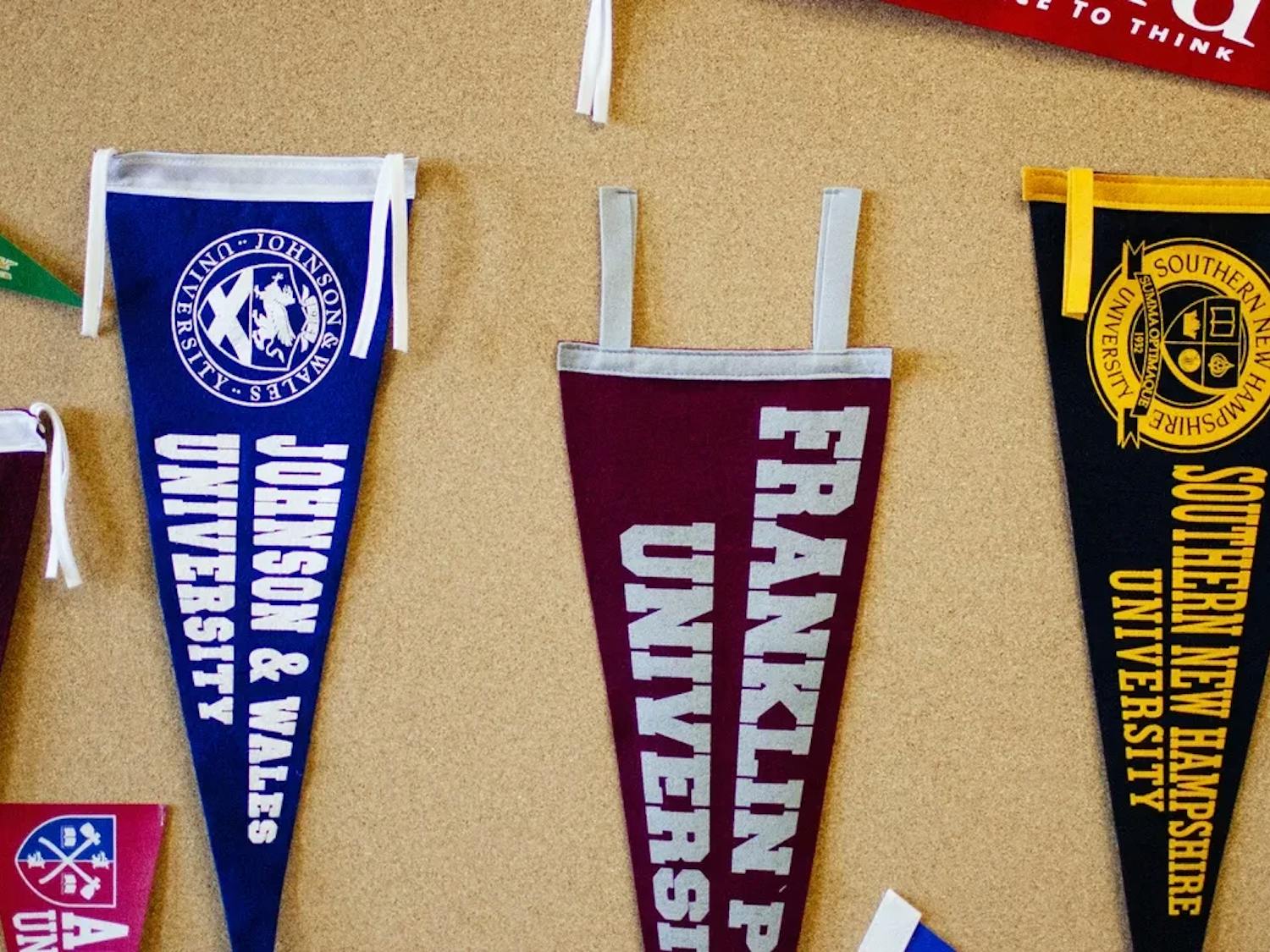“When you have diversity at the leadership table, the magnitude of what you can accomplish is enormous,” Fahminda Chhipa, FAPAC’s vice president, told NPR in response to this year’s theme for Asian Pacific Islander Heritage Month, "Advancing Leaders Through Collaboration." May offers a time to reflect on the influence and leadership of Asians and Pacific Islanders in the United States.
Asian-American and Pacific Islander (AAPI) Heritage Month is an annual celebration that recognizes the contributions of AAPI individuals, whose origins span from across the Asian continent to the Pacific Islands of Melanesia, Micronesia, and Polynesia. In 2019, there were about 24.5 million people of Asian and Pacific Islander ancestry living in the United States– one of the fastest-growing racial and ethnic groups of the nation.

Yuri Kochiyama speaks at an anti-war demonstration in New York City's Central Park around 1968 | Credit: Kochiyama family/UCLA Asian American Studies Center
The month of May was designated as AAPI Heritage Month to commemorate two key dates: the migration of the first Japanese immigrants to the United States on May 7, 1843, and the completion of the transcontinental railroad by over 20,000 Asian immigrants on May 10, 1869. Asian immigrants settled in the wake of Chinese exclusion and racial oppression, confronting the challenges of changing demographics. Asian-American leaders fiercely fought racial injustices and defended human rights. Lionhearts such as Yuri Kochiyama, a Japanese-American political activist disturbed by Japanese imprisonment in the 1920s, spoke out against oppressive institutions. Asian and Pacific Islander Americans have cultivated a long legacy of shaping the United States' cultural identity.
The acronym AAPI gained prevalence following the Stop AAPI Hate Campaign to raise awareness of the discrimination and violence against the AAPI community since the start of the COVID-19 pandemic. The purpose of the coalition is to respond to the increase in racism and xenophobic rhetoric about the virus, causing the harassment of AAPI people of all ages and cultures. The San Francisco-based organization, Stop AAPI Hate, tallied nearly 3,800 incidents from March 2020 to February 2021 relating to the rise in Anti-Asian hate. Communities have protested and expressed their outrage as they witnessed the crimes increase by 339 percent last year compared to the year before in cities across America.
In January 2021, the White House released the “Memorandum Condemning and Combating Racism, Xenophobia, and Intolerance Against Asian Americans and Pacific Islanders in the United States,” acknowledging their role in combating anti-Asian sentiment and proposing ways to prevent discrimination, harassment, and hate crimes against AAPI individuals. Last May, President Biden signed into law the COVID-19 Hate Crimes Act to provide law enforcement and resources to identify, investigate, and report hate crimes against AA and NHPI communities. For Asian-American community leaders and activists, the answers to current issues include creating better ballot access and greater political representation, expanding the education of Asian-American history, and emboldening activist participation from untapped groups.
This year’s AAPI Heritage month theme highlights the growing role of Asian-American and Pacific Islander representation and advocacy in the United States. This month honors the history, culture, and solidarity of Asian-American Pacific Islander communities. As it draws to a close, May is a reminder to center the experiences of those who have been disproportionately impacted as we embrace and stand with the AAPI community during current times.




